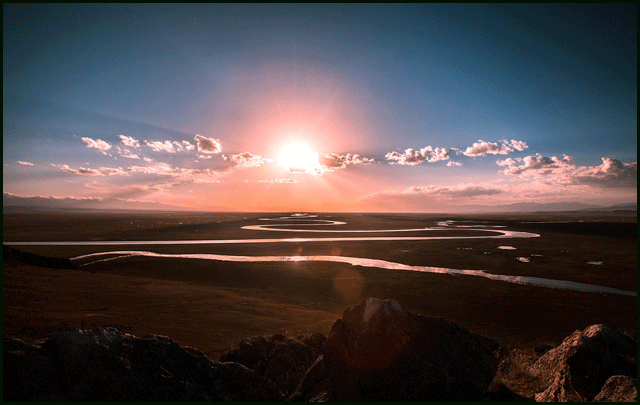(This was originally published on LiveJournal)
So, I’ve mentioned this fantasy novel that I’ve hauled out of my files and am beginning to get back into working on. I suppose I could tell any readers here a bit about it as I go along on that. Let’s start with influence: Yup, Tolkien. The whole prospect of creating an entirely separate fantastical world, with its own mythology, all that appealed to me. I’d been reading whatever mythology stuff I could get my hands on since elementary school. But Tolkien wasn’t the only influence. I’d read E.R. Eddison before I’d ever read Tolkien, and Eddison’s stately language is another influence. As is Milton and Paradise Lost. And always, especially when it comes to poetry, Shakespeare and Keats. Which brings us to my decision to include poetry in the novel.
Tolkien was very confident when he included poetry in his fiction. He liked what he wrote and he had a mastery that allowed for different types of poems for different occasions and speakers. Anyone attempting to follow in his footsteps that way was really taking a chance. Because you’d have to be able to be as versatile as Tolkien. That’s a tall order. When I began the novel, I chewed my nails a bit over this matter. Because I really liked the way the poems in The Lord of the Rings gave color to the characters and backstory. Could I pull it off?
Well, I’d never know unless I tried.
So I decided I would indeed do it. Hopefully with the same variety that Tolkien achieved. What follows here is the first poem in the novel. Basically, it is a hymn to the sun on Midsummer morning. Now, mind you, the characters are not “sun-worshipers”. But the creation of the sun is a crucial turning point in the mythology of … hmm, my world has no name other than “my world”. Heh. And celebrating the creation of the sun at Midsummer is an important connection to the forces of good in my world. (There will be more about this when I get around to posting a poem that appears in a later chapter.)
Anyway… here it is. I’m curious about reactions to the poem, as a thing-in-itself.
Hail to thee, thou gift of Aelianus,
Light of life and flaming foe of dark!
Life-blood to earth, thou raiseth up the green grains,
quickening the fruits and bringing forth the flowers.
Though rain and nightfall gather all around us,
Thy dawn and bright beams drive out their lingering hold.
Hail to thee, thou gift of Aelianus,
Guardian and warder of the fields of blue!
At each day’s rising, victor over darkness,
Raising the hearts of all who gaze on thee!
Through all the seasons still thy course runs truly
Over the realms where Mortals live and die.
Comments
jpantalleresco Aug. 9th, 2007 08:18 am (UTC)
Not a bad poem. You should include an author’s name at the bottom in my view and possibly a timeline when it occurred It’d add some prestige to it I think in the book. Just a thought. JP
scribblerworks Aug. 9th, 5:18 pm (UTC)
You mean like saying “by Joshun of Galen, year 12 of the reign of Mardenvul II”? Heh. I never considered it. Mainly because in this case, this poem is something like an ancient song amongst the speaker’s people. I don’t think (within the fantasy world) that the date or author of it is known. And it is recited within the story, not “cited” in a scholarly manner. So providing a pseudo-provenance didn’t occur to me. Some of the other poems do have their “authorship” discussed in the story. (And of course, objectively speaking, I’m the only author involved. 😉 )
kalimac Aug. 11th, 2007 04:36 am (UTC)
In Tolkien, characters reciting poems sometimes ascribe them to their fictive authors in the course of the dialog. But sometimes, just as enticingly, they do not.

